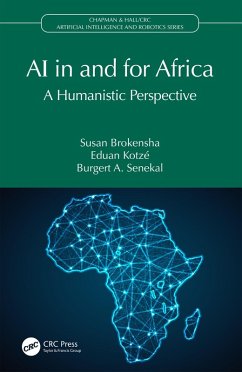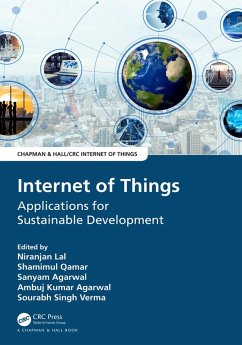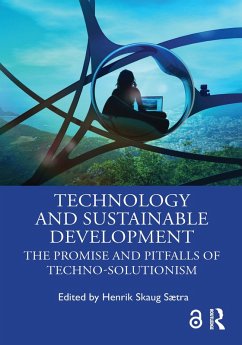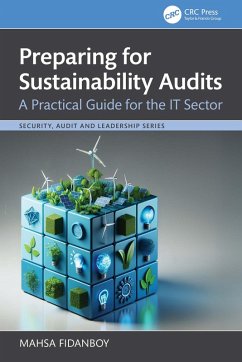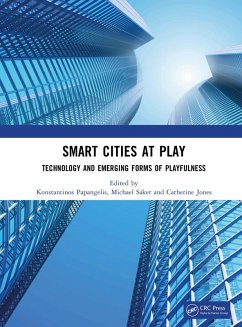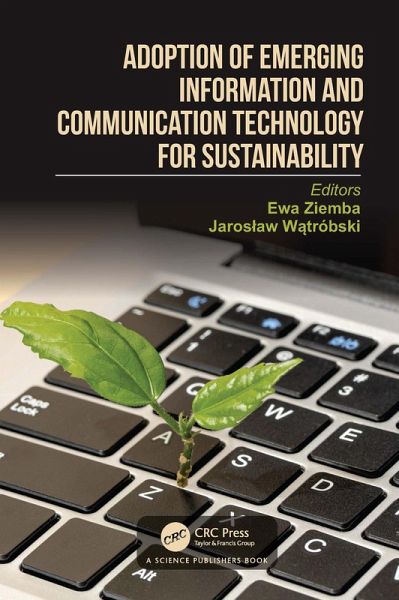
Adoption of Emerging Information and Communication Technology for Sustainability (eBook, ePUB)
Versandkostenfrei!
Sofort per Download lieferbar
52,95 €
inkl. MwSt.
Weitere Ausgaben:

PAYBACK Punkte
26 °P sammeln!
This book represents an important voice in the discourse on the adoption of emerging ICT for sustainability. It focuses on how emerging ICT acts as a crucial enabler of sustainability, offering new forward-looking approaches to this field. The book explores how emerging ICT adoption drives sustainability efforts in business and public organizations, promoting ecological, economic, social, cultural, and political sustainability. The book's theoretical discussions, conceptual approaches, empirical studies, diverse perspectives, and views make it a valuable and comprehensive reference work.Appeal...
This book represents an important voice in the discourse on the adoption of emerging ICT for sustainability. It focuses on how emerging ICT acts as a crucial enabler of sustainability, offering new forward-looking approaches to this field. The book explores how emerging ICT adoption drives sustainability efforts in business and public organizations, promoting ecological, economic, social, cultural, and political sustainability. The book's theoretical discussions, conceptual approaches, empirical studies, diverse perspectives, and views make it a valuable and comprehensive reference work.
Appealing to both researchers and practitioners, this book provides significant areas for research and practice related to the contribution of emerging ICT adoption to sustainability. It also suggests vital considerations for programming and building sustainable development-driven emerging ICT adoption. Readers will find answers to important contemporary questions, such as:
Appealing to both researchers and practitioners, this book provides significant areas for research and practice related to the contribution of emerging ICT adoption to sustainability. It also suggests vital considerations for programming and building sustainable development-driven emerging ICT adoption. Readers will find answers to important contemporary questions, such as:
- What are the concepts, frameworks, models, and approaches to enhance sustainable development through the adoption of emerging ICT?
- How does the adoption of emerging ICT influence sustainability?
- How can emerging ICT be adopted to enhance sustainability?
- What are the current practices and successful cases of emerging ICT adoption for sustainability?
- What factors influence emerging ICT adoption to enhance sustainability?
Dieser Download kann aus rechtlichen Gründen nur mit Rechnungsadresse in A, B, BG, CY, CZ, D, DK, EW, E, FIN, F, GR, HR, H, IRL, I, LT, L, LR, M, NL, PL, P, R, S, SLO, SK ausgeliefert werden.






